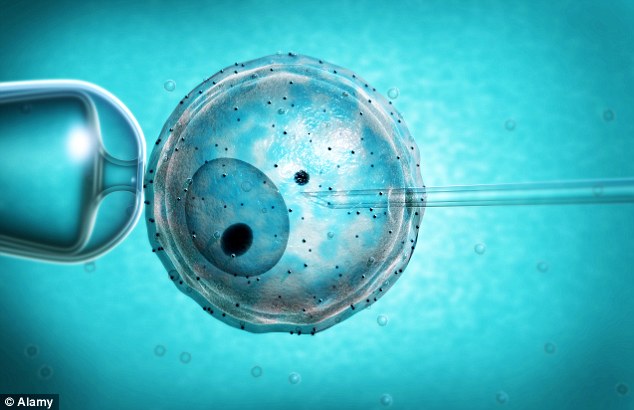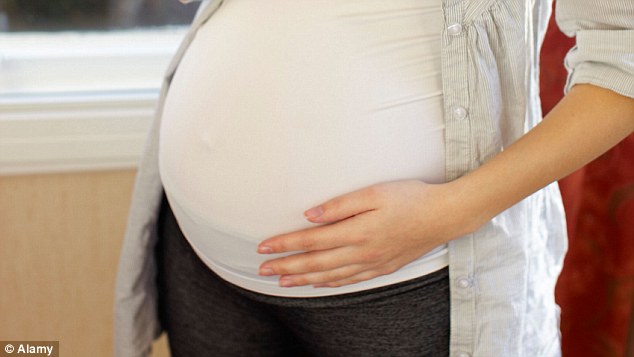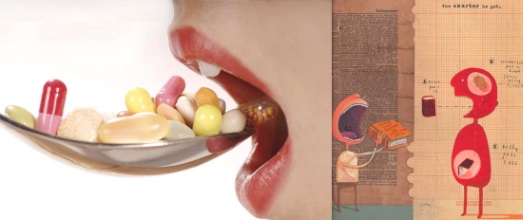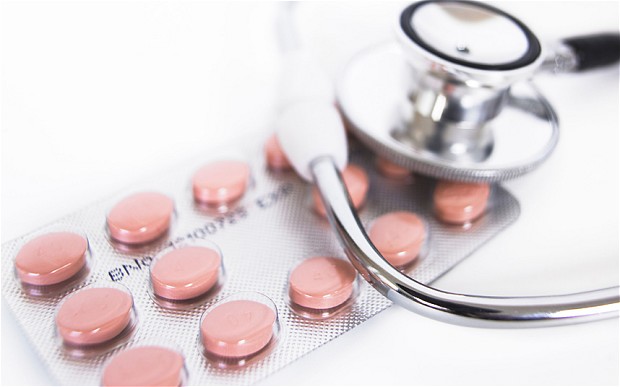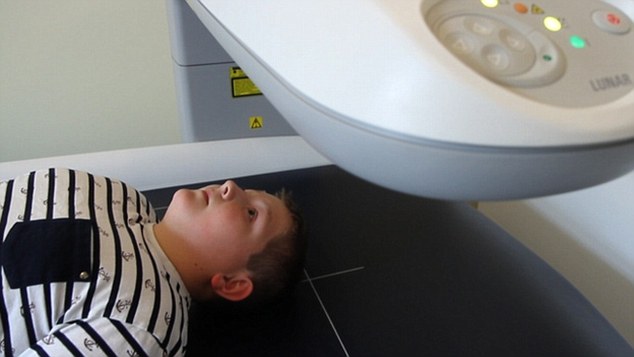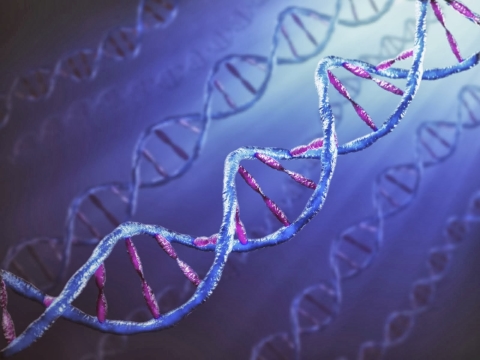Can 'Ageing Eggs' Be Rejuvenated?
Controversial therapy claims to turn back the clock for women who want children.
It sounds like the ideal solution for older women wanting to have children. A controversial method to improve the health of an old egg is being used by a Massachusetts-based fertility company.
The firm, OvaScience, says its technique involves rejuvenating an egg's mitochondria, which are the tiny structures that create energy to run a cell. But according to a report by Tia Ghose, Live Science, Experts advise in caution over those claims. 'They're quite private and secretive about what they're doing,' Dr Aimee Eyvazzadeh, a fertility specialist told LiveScience. The technique, dubbed Augment, takes energy-producing mitochondria from a patient's own 'EggPC cells'. These are immature egg cells found in the protective ovarian lining, which are added to the patient's mature eggs to supplement the existing mitochondria. 'A key component of egg health is the number of functioning mitochondria in the egg since mitochondria are the source of energy that helps an egg develop,' OvaScience co-founder, Michelle Dipp, told DailyMail.com The idea is that immature cells with their healthy mitochondria could rejuvenate ageing eggs.
Studies suggest that 23-33 is the ideal time to conceive, as a healthy woman is still fertile and may be more psychologically prepared to have a baby. But fertility does begin to diminish slowly from the age of 25 as a woman's eggs decrease. One report claimed that women are 10 per cent less fertile at 27. This is because they now have fewer eggs to fertilise - a few thousand - which are also older. The Augment treatment is not available in the US as the Food and Drug Administration (FDA) hasn't approved the method. It is, however, available in some in vitro fertilization clinics in Canada, the UK, the United Arab Emirates and Turkey. So far, more than 150 patients have received the Augment treatment. But there are still problems with the method. For instance, Kateryna Makova, a genomicist at Pennsylvania State University in State College told Live Science that the follicles in the ovary are unlikely to be in any better condition. As yet, there are no any published studies proving the existence of the precursor cells the company says it uses. OvaScience has yet to respond to Dailymail.com regarding criticism of its procedure. Written By Ellie Zolfagharifard Retrieved From:
|
|






